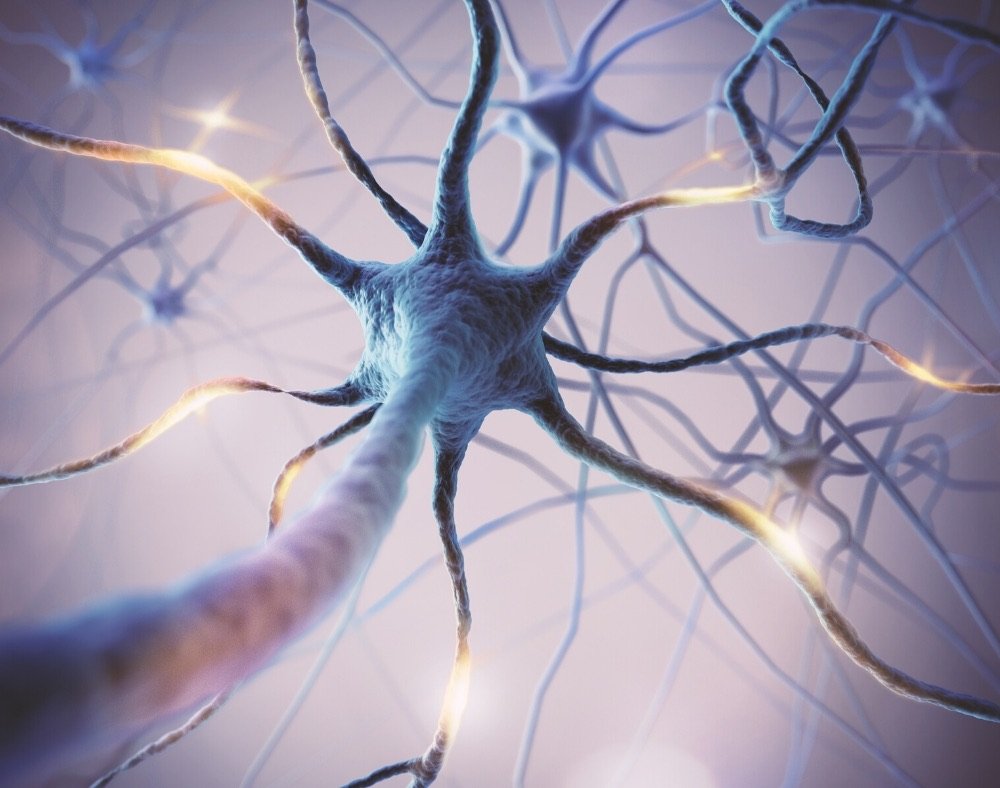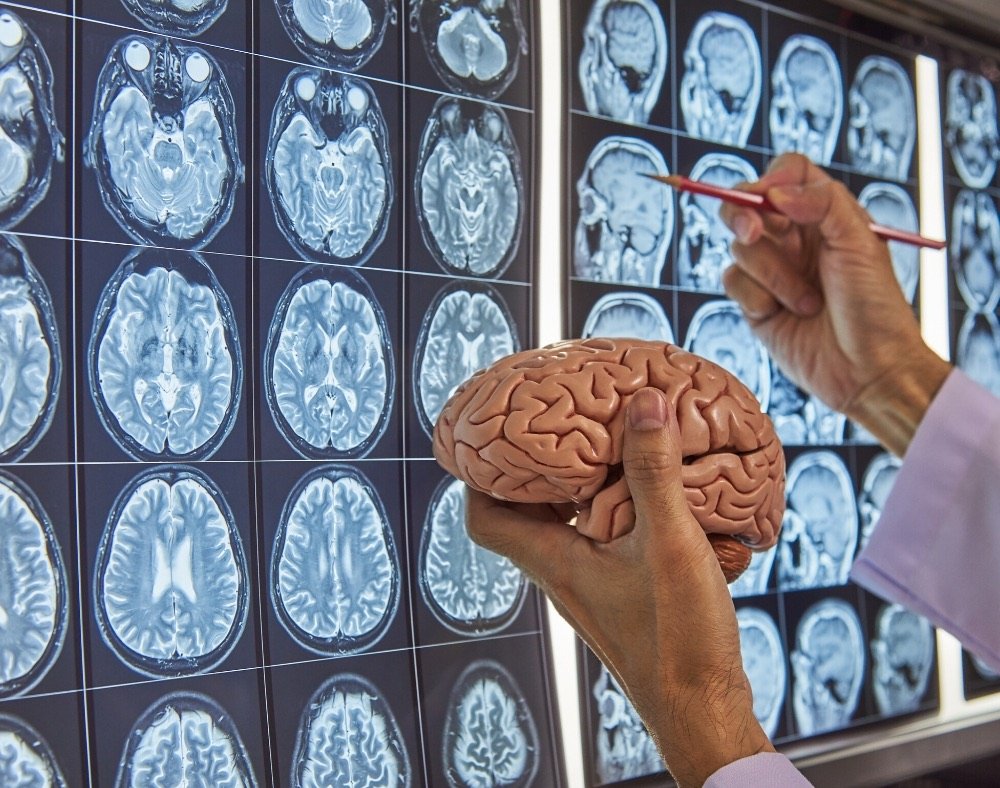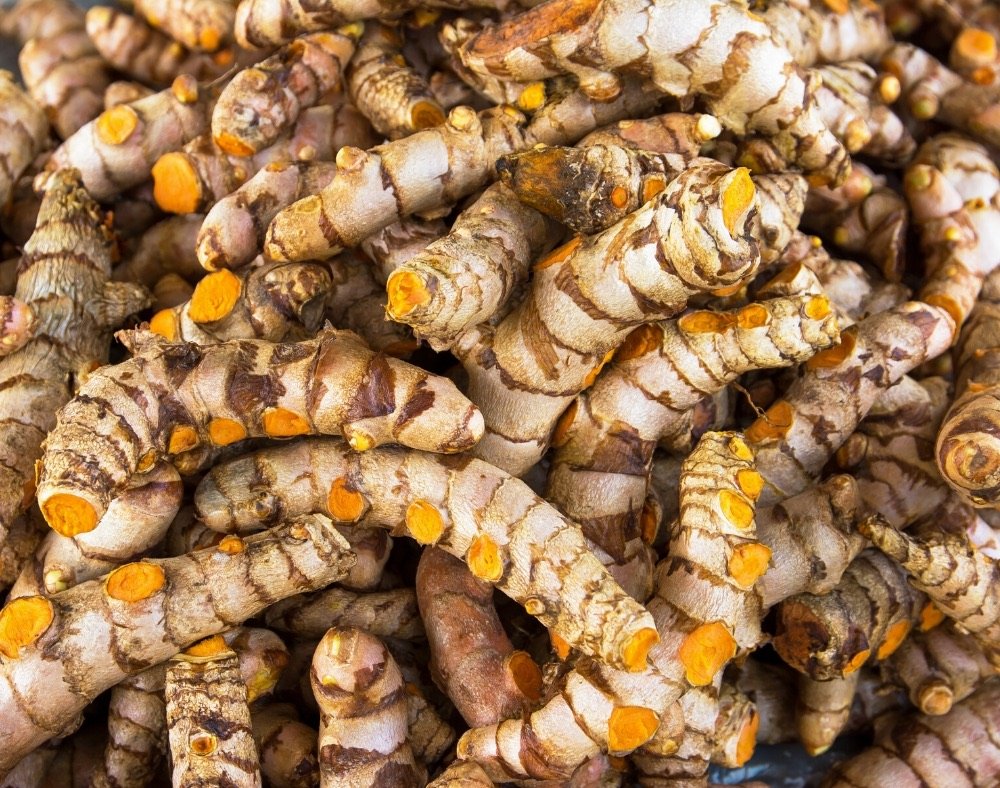Researchers continue to look into the connection between turmeric and dementia after multiple studies suggest that the spice can prevent or treat dementia.
One of the actualities that prompted this study, according to thetruthaboutcancer.com, is the fact that India records the lowest dementia rates in the globe, seeing that they consume about 25-50mg of turmeric daily.
Experts believe that this prevents brain inflammation reason the country does not have too many dementia cases where you compare it to other parts of the globe.
The exact reason for this is still unknown, and the statistic may not be accurate. What is clear is that people in India generally consume more turmeric than individuals in other parts of the world.
Why do experts think that this old spice can be useful concerning the potential treatment for dementia?
Below we will study some of the findings that mostly come from lab-based studies.
Effects of Turmeric on Dementia
Curcumin Breaks Down Amyloid-Beta Plaques

While looking into turmeric and dementia, many experts focus on curcumin, which is a turmeric extract that has high concentrations in the root.
This is a chemical that is known to have strong anti-inflammatory, anti-amyloid, and anti-oxidant properties, amongst many others.
Multiple studies state that the chemical can prevent the formation as well as break up of amyloid-beta plaques.
The latter is a hallmark of dementia disease.
The plaques accumulate between nerve cells and impair brain function by damaging synapses. These are the structures that nerve cells use to transmit signals.
Some studies also suggest that the extract can help to prevent the accumulation of tau in the brain.
Animal research also indicates that the chemical can also help to curb oxidative stress and inflammation factors. The two contribute to the development of dementia.
Clinical studies are yet to report similar results. Unfortunately, it is still unclear how curcumin works in the human brain.
Turmeone Stimulates Growth of New Brain Cells

Other than curcumin, experts are also looking into the role that turmerone can play in treating or preventing dementia.
This is yet another chemical present in turmeric.
In several animal studies, turmerone has been seen to stimulate the stem cells that foster the growth of new brain cells. In theory, this is an important factor that can be of assistance in neurodegenerative illnesses such as dementia.
This study is still in its initial stages. There is no telling whether it has an identical effect on people’s stem cells.
Experts are also trying to figure out whether the production of new brain cells is in any way beneficial to persons who already have dementia.
Turmeric Enhances Mood and Memory

While discussing turmeric and dementia it is prudent to mention that results from various studies ascertain that turmeric consumption helps to enhance memory and mood.
Researchers believe that this benefit comes from the fact that curcumin can decrease the accumulation of tau and amyloid.
This is through lowering of cholesterol levels, enhancing antioxidant capacity, and reducing neuroinflammation to help the body fight against dementia.
A study published in The American Journal of Geriatric Psychiatry reveals that taking curcumin on a daily basis can help to prevent memory issues and, in some cases, improve them all together.
This was after a study conducted at UCLA publicized that taking curcumin can improve memory function. Nut just that, but negative emotions like depression, too.
The study had 40 participants aged between 50-90 years who had varying memory complaints. Participants were given 90 mg of curcumin two times a day as a placebo for 18 months.
People who were on curcumin reported that they experienced significant improvements in their attention abilities and memory.
The group that was on placebo did not have the same results.
How to Effectively Take Turmeric

Many people will just add turmeric to their diets, hoping to reap all its benefits.
While this works, it is important to state that only a small percentage gets into your bloodstream after you eat food with turmeric.
This is because the body does a poor job regarding the absorption of turmeric. It is stomach acid that quickly degrades the spice.
Research has also revealed that turmeric dissolves in fats because it is not water-soluble.
This implies that the best form to consume turmeric is through supplements that have some type of oil or have an enteric coating so that the bloodstream absorbs a high percentage of the spice.
If you or a loved one wishes to take turmeric to help combat dementia, it is advisable to consult your doctor first so that the professional can guide you accordingly.
Final Thoughts on Turmeric and Dementia

Evidence that the spice plays a role in the prevention or cure of dementia is still scarce. It is, therefore, impossible to conclude whether or not turmeric will be a game-changer in regards to the treatment of dementia.
Extensive work and researches are still necessary on the topic of turmeric and dementia.
It is crucial because the popular spice may be the solution that the industry has been desperately looking for.

